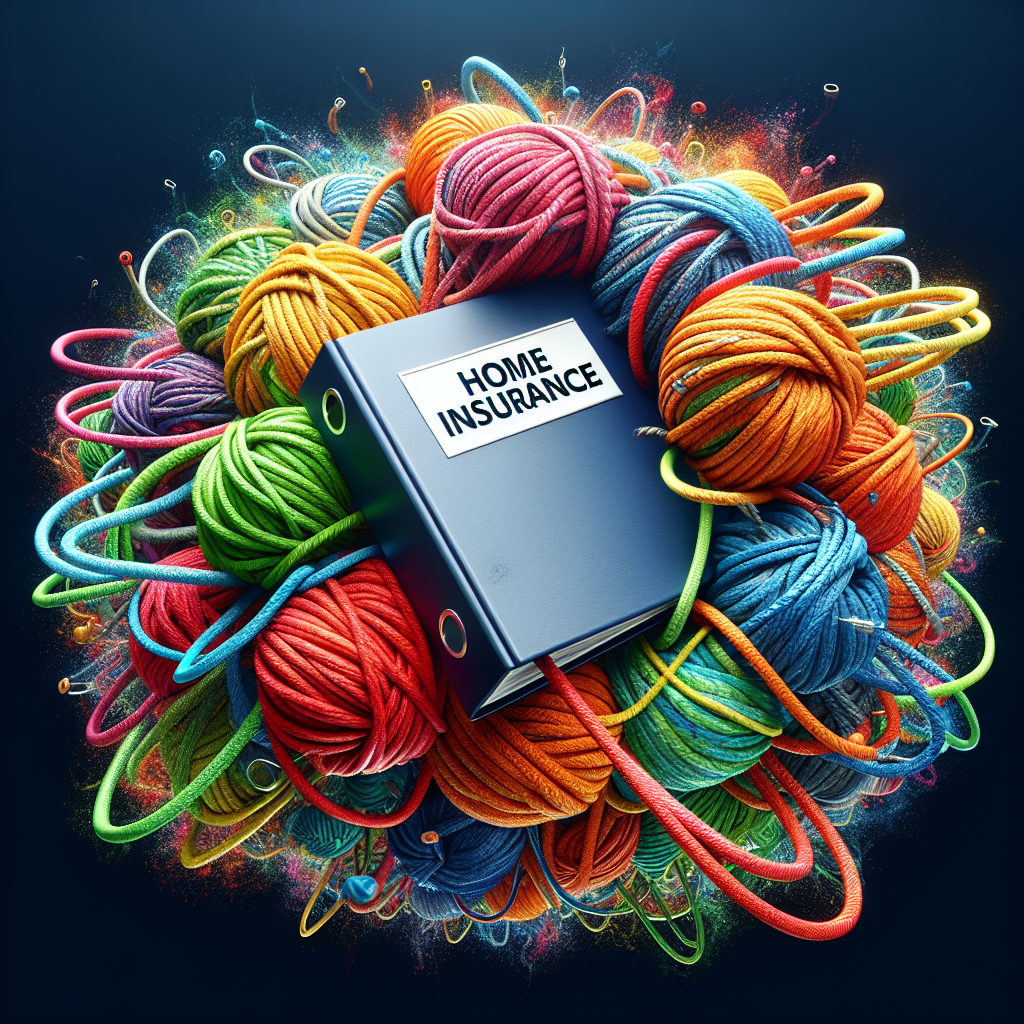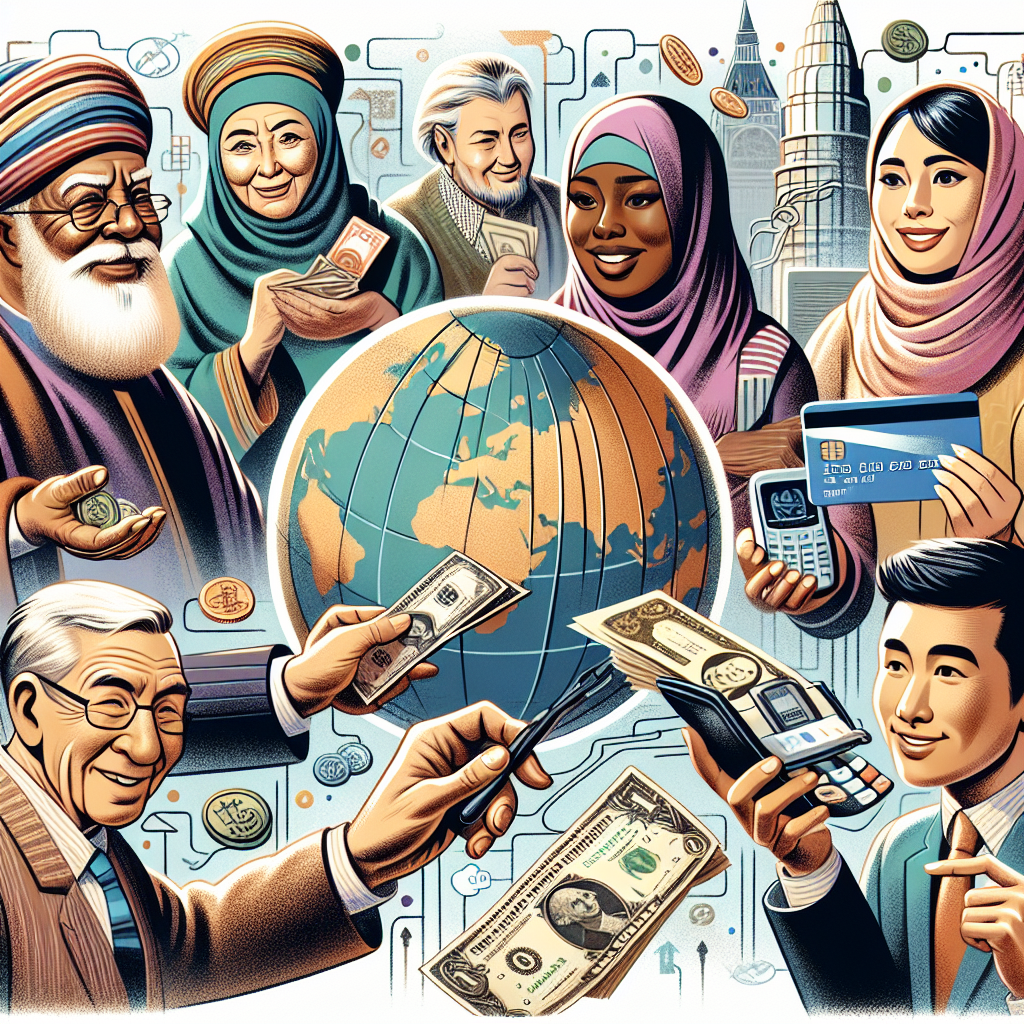Blockchain technology is changing the way we think about data management in healthcare. It’s like a new digital notebook where important information can be stored safely and shared easily with others who need it. Imagine a place where your medical records, test results, and treatment plans can be kept secure, but also be accessed by doctors and hospitals whenever they need it. This could make healthcare better for everyone!
One of the biggest advantages of using blockchain in healthcare is that it offers security. This means that your personal information is protected against hackers and people who should not be seeing it. Each time someone looks at your data, it is recorded, so we always know who has accessed this information. This creates trust between patients and doctors, which is very important.
Another benefit is that blockchain can help us share information more easily. Doctors from different places can access the same patient records without the worry of them getting lost or mixed up. This helps in making quick and accurate decisions about patient care. For example, if you are traveling and need medical help, doctors can quickly see your history and provide the right treatment.
In conclusion, blockchain has the potential to revolutionize healthcare by improving security and making data sharing easy. It is still a new concept, but many experts believe it can help us build a better healthcare system for everyone.
Glossary:
1. Blockchain: A secure digital system that records information across many computers.
2. Data Management: The process of storing and using information effectively.
3. Security: Protecting information from being accessed by the wrong people.
4. Trust: Confidence in the honesty and reliability of someone or something.
5. Records: Documents that contain important information about a person.
Understanding Blockchain Technology
Blockchain is a technology that allows digital information to be recorded and shared securely across a network. Each piece of information, called a “block,” is linked to others in a chronological order, forming a “chain.” This ensures that once information is added, it cannot be easily changed or deleted. The decentralized nature of blockchain means that no single party has control, providing transparency and security.
The Importance of Data Management in Healthcare
Healthcare generates enormous amounts of data every day, including patient records, treatment plans, and research findings. Managing this data effectively is crucial for:
- Improving Patient Care: Access to accurate and up-to-date medical records can significantly enhance treatment outcomes.
- Research Advancements: Sharing data across institutions can accelerate the pace of medical research and innovation.
- Cost Efficiency: Streamlined data management can reduce administrative costs and improve overall efficiency.
Challenges in Current Data Management Systems
Despite the advancements in technology, healthcare data management faces several challenges:
- Data Silos: Different healthcare providers often have their own data systems, making it difficult to share information.
- Privacy Concerns: Patient data is sensitive, and there are stringent regulations governing its use.
- Inaccurate Information: Data entry errors can lead to incorrect patient information, which can be detrimental to care.
How Blockchain Can Transform Healthcare
Blockchain technology has the potential to revolutionize healthcare data management in several ways:
- Enhanced Security: Using encryption and decentralized storage, blockchain makes data breaches much harder to achieve.
- Interoperability: Different healthcare systems can easily connect and share data securely, breaking down silos.
- Patient Empowerment: Patients can control their own health data and choose who can access it.
Real-world Applications of Blockchain in Healthcare
Several organizations have already started to explore blockchain’s potential in healthcare, including:
- Medical Records Management: Companies are creating blockchain-based systems that allow for secure sharing of patient records.
- Drug Supply Chain Tracking: Blockchain can help track medications from manufacturers to patients, ensuring authenticity and reducing counterfeit drugs.
- Clinical Trials: Using blockchain can provide transparent and immutable records for clinical trial data, increasing trust in research outcomes.
Expert Opinions
Many experts are enthusiastic about the future of blockchain in healthcare:
“Blockchain can provide a level of security and efficiency in data sharing that has never been seen before in healthcare.” – Healthcare IT Expert
“With blockchain, patients will have more control over their healthcare data, potentially leading to better health outcomes.” – Health Data Analyst
Potential Roadblocks to Implementation
Despite its promise, several challenges must be addressed for blockchain to be widely adopted in healthcare:
Blockchain in Healthcare: A Decentralized Revolution
- Regulatory Hurdles: The healthcare industry is heavily regulated, and new technologies must comply with existing laws.
- Integration with Legacy Systems: Many healthcare institutions still use outdated technology that may not be compatible with blockchain.
- Cost of Implementation: Implementing a blockchain solution can be expensive and resource-intensive.
The Future of Blockchain in Healthcare
As the healthcare industry continues to evolve, the integration of blockchain technology holds great promise for improving data management. Stakeholders are increasingly recognizing the value of blockchain, and collaboration across the sector will be essential for overcoming the challenges.
In this digital age, safeguarding patient information and ensuring its seamless flow across systems will be critical. If these hurdles can be overcome, blockchain may well become a foundational technology that can enhance healthcare delivery globally.
What is blockchain and how does it relate to healthcare?
Blockchain is a decentralized digital ledger technology that securely records transactions across multiple computers. In healthcare, it can be utilized to manage patient data, streamline processes, and maintain secure access to medical records.
What are the main benefits of using blockchain in healthcare?
Some key benefits include enhanced data security, improved patient privacy, better data interoperability, and increased efficiency in healthcare processes, such as claims management and drug supply chain tracking.
How does blockchain improve data security in healthcare?
Blockchain uses cryptographic techniques to ensure that data is tamper-proof and securely stored. Each transaction is recorded in a block and linked to the previous one, creating a chain of records that is nearly impossible to alter without detection.
Can blockchain enhance patient privacy?
Yes, blockchain can enhance patient privacy by allowing individuals to have greater control over who accesses their health data. Patients can grant permissions for specific data sharing, ensuring that sensitive information is only available to authorized personnel.
What challenges exist in implementing blockchain in healthcare?
Challenges include the need for standardization across platforms, regulatory compliance, the integration of existing systems with blockchain technology, and the overall cost of implementation. Additionally, there may be resistance from stakeholders who are accustomed to traditional data management systems.
Is blockchain technology scalable for large-scale healthcare applications?
Yes, while scalability can be a concern, many blockchain solutions are currently being developed with the capacity to handle large volumes of transactions. Ongoing advancements aim to increase the speed and efficiency of blockchain networks.
How can blockchain improve the management of drug supply chains?
Blockchain technology can provide an immutable record of drug manufacturing and distribution processes. This transparency helps to verify the authenticity of medications, reduce the risk of counterfeit drugs, and ensure compliance with regulations.
What role can patients play in a blockchain-based healthcare system?
Patients can play a proactive role by managing their own health records on a blockchain platform. This enables them to share their data with healthcare providers as needed, while also maintaining control over their sensitive information.
Are there any existing examples of blockchain implementation in healthcare?
Yes, several pilot projects and initiatives demonstrate the potential of blockchain in healthcare. These include electronic health records management, clinical trial documentation, and health data interoperability solutions being tested by various organizations.
What is the future of blockchain in healthcare?
The future looks promising as ongoing research and innovation continue to address current challenges. With increasing interest from stakeholders, we can expect blockchain technology to play a transformative role in enhancing healthcare data management and patient care.


